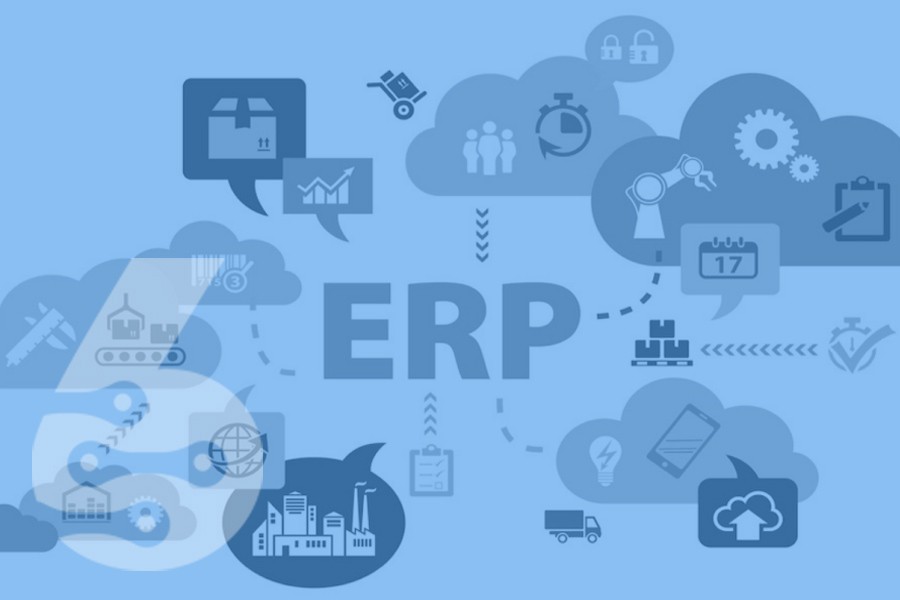Cloud Computing is the ability to access information and applications over the internet. This means that instead of having a program installed on your computer, you can access or store it on a remote server. This can be done either through a web browser or an application. Cloud Computing can be used for various purposes, including storing and accessing files (such as photos or documents), running business applications (such as ERP), or streaming music or movies.
One of the benefits of Cloud Computing is that it allows users to access their information from any device with an internet connection. This can include computers, smartphones, and tablets. This flexibility can benefit businesses that may need to access their data from different locations or devices.
Another benefit of Cloud Computing is that it can save businesses money. Rather than purchasing and installing software licenses, companies can subscribe to cloud services for a monthly fee. This also means that businesses don't have to worry about software updates, as the service provider typically handles these.
While there are many benefits to using Cloud Computing, there are also some disadvantages. One potential drawback is that businesses may lose control of their data if it is stored on a remote server. Additionally, if there is an issue with the internet connection or the remote server, users may not be able to access their information or applications.

Related Blog Articles

ERP Integrations - To Do or Not To Do?
This blog post will explore when you should and shouldn't execute an ERP integration.ERP integrations can offer a lot of potential benefits for companies. They can provide a way to better fit the software to the company's specific processes and needs and improve data flow between systems. However, before considering an integration, it's essential to get educated on existing software functionality and explore ways to change your procedures to match...
What is Enterprise Resource Planning (ERP)?
If you're an entrepreneur, then you know that managing a company can be difficult. You may be using some software to help manage parts of your company or sales, but you will likely reach the boundaries of the manageability of data shortly after starting your business. It would help if you had a comprehensive ERP solution to get a handle on things. ERP solutions help you better manage every aspect of...
ERP Systems: How Do They Work?
Enterprise Resource Planning (ERP) systems have become integral to many businesses. But what are ERPs exactly? How do they work? What are the different types of ERPs? And above all, what are the basic features that every ERP should cover?In this blog post, we will answer all those questions and more! We will briefly explain ERP systems and discuss the three main types: on-premises ERP, cloud-based ERP, and hybrid ERP....Related SIX ERP Features:
Want to see SIX for yourself?
Need help, have questions or want to get a free demo?
Please read our Privacy Policy on how we process personal data. We will never share your data!



